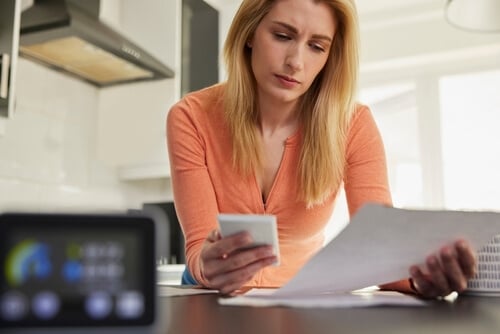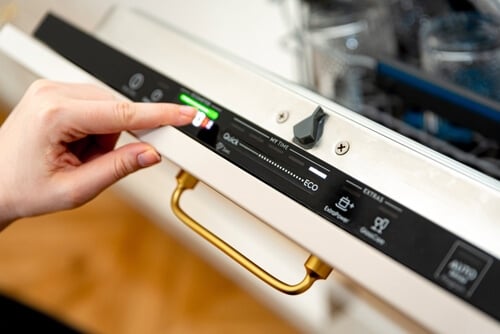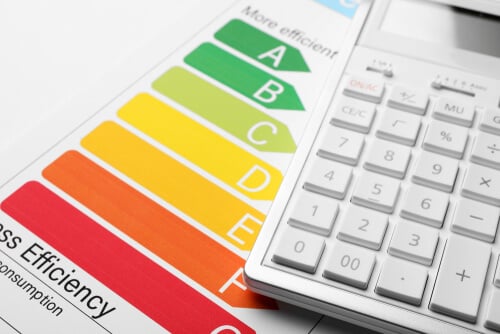We compare trusted gas and electricity suppliers to find you our best deal in minutes




What factors should you consider when comparing electricity-only energy deals?
There are multiple things to consider when comparing deals. They include:
- Price: The most important factor for many. What is the cheapest electricity-only deal? And who is the cheapest electric supplier? Sometimes, though, the lowest price may not be the best deal for you.
- Peace of mind: With fixed-rate deals coming back on the market, you may wish to lock in the price of your electricity for a year. You may find the per-unit rates and daily standing charges aren’t as cheap, but there won’t be any nasty surprises for the next 12 months.
- Methods of payment: The monthly direct debit option is usually the cheapest, but you may need more flexibility. Check your supplier accepts your method of payment, such as card or cheque for standard tariffs, or cash or top-up card in the case of prepayment meters.
- Billing: Are you happy to receive bills electronically by email or via an app, or do you want them posted out to you?
- Help and support: Again, are you content to receive support via an online portal, app or through email? Or, if you need assistance, would you prefer to speak to someone on the phone?
What is the average cost of electricity per kWh?
As of January 2026, the price of electricity on a standard variable tariff is capped at 27.69p per kWh you consume. No supplier can charge more than 54.75p per day to cover its daily standing charge. Prices include VAT.
Remember that the actual price of electricity goes up and down according to wholesale costs, but it can never rise above Ofgem’s energy price cap.
Standard variable rates vary according to:
- Your energy supplier
- The tariff you’re on
- How you pay your bill (monthly, on receipt of the bill or in advance)
- What meter you have (standard credit versus prepayment)
If you’re on a fixed tariff, then the price you pay is set according to the tariff you signed up to. This is fixed for the full duration of the tariff, regardless of changes to the wholesale cost of electricity during that period. It's also unaffected by changes to the energy price cap during that period.
Frequently asked questions
Do I have to have a smart meter to switch?
The short answer is no.
The government requires electricity suppliers to offer smart meters to all customers, and some providers do require you to have a smart meter to take their tariff. This is because these companies use smart meter capabilities to reduce their costs.
A smart meter can also help you control your usage by allowing you to see how much you're using and remind you to switch things off to save more money. But the choice is yours – if you don’t want a smart meter then you don’t have to have one – just make sure the tariff you choose on your electricity price comparison doesn’t demand it.
Can I switch electricity supplier if I rent my home?
It depends on who pays the bill. If the cost of your energy is included in your rent, then your landlord is responsible. You need to ask them to switch. But if you're responsible for paying the bill, and it’s in your name, then you're free to switch. If in doubt, check with your landlord or tenancy agreement.
Which is the cheapest energy supplier?
It depends on several factors: where you live, how much electricity you use, and what tariffs are available to you.
Will I have to pay an exit fee when I switch electricity supplier?
If you’re on a fixed rate tariff, you may be liable to pay a one-off fee – check your bill or tariff for confirmation. If there is an exit fee attached, but you’re within the last 49 days of your contract, you can switch for free.





